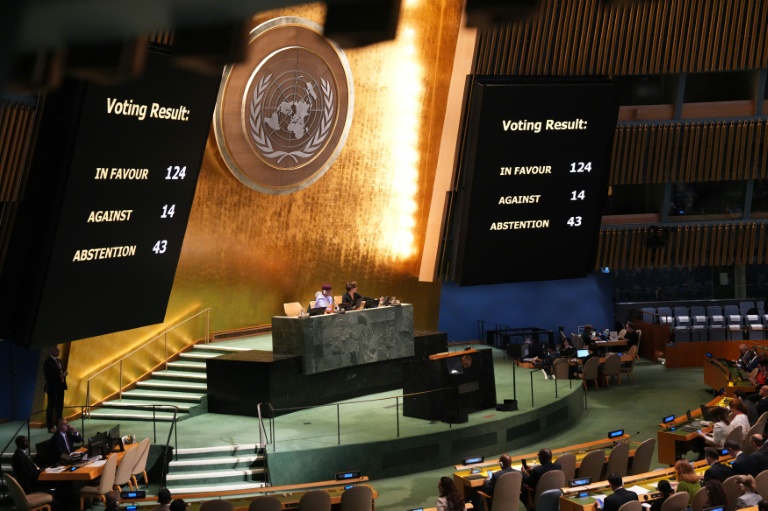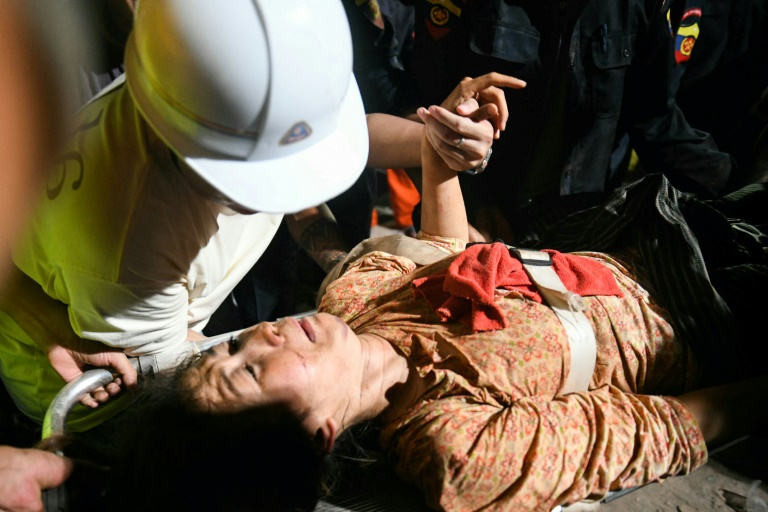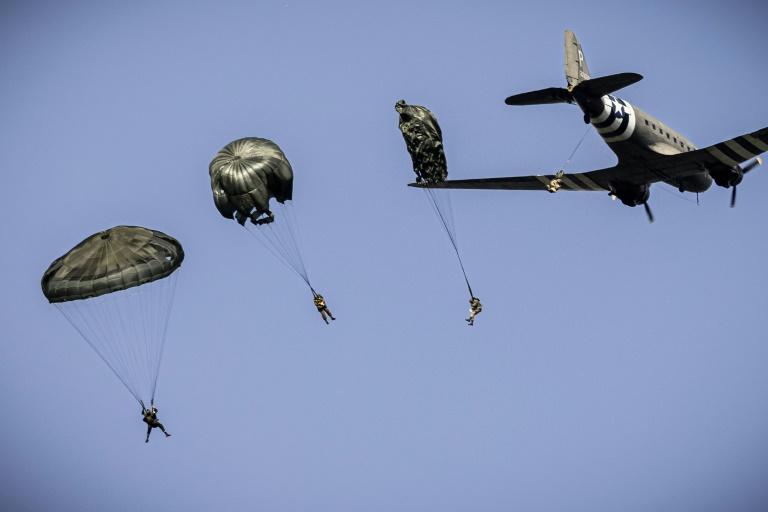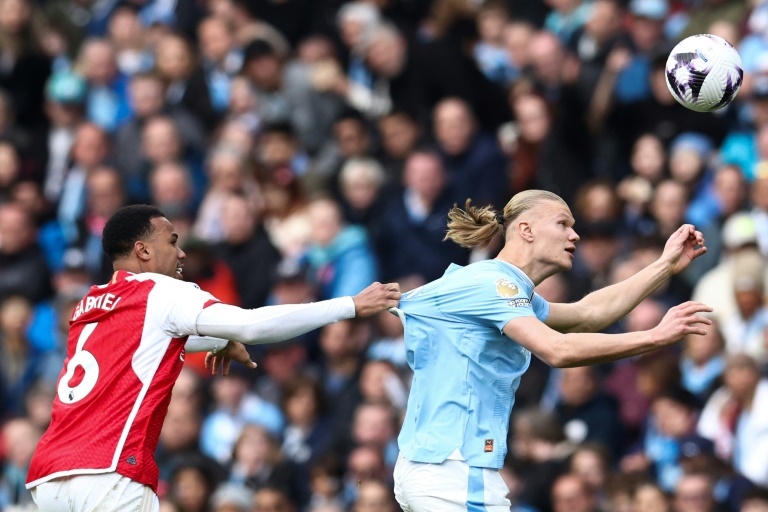World leaders will descend on the United Nation’s New York HQ from Sunday for the organization’s annual signature gathering against an explosive backdrop of raging wars, growing populism and diplomatic deadlock.
The war in Gaza, soaring Middle East tensions, famine conditions in Sudan’s civil war and the grinding conflict in Ukraine are among the rancorous issues on the agenda of the presidents and prime ministers attending the General Assembly’s high-level week — the UN’s showpiece event.
But UN Secretary-General Antonio Guterres insisted this week that the world would be able to “avoid moving to World War Three.”
“What we are witnessing is a multiplication of conflicts and the sense of impunity,” Guterres said at a briefing.
The gathering “could not come in a more critical and more challenging moment,” said Washington’s UN envoy Linda Thomas-Greenfield.
“The list of crises and conflicts that demand attention and action only seem to grow and grow… it’s easy to fall into cynicism.
“But we can’t afford to do that.”
It is unclear what if anything the grand gathering, the World Cup of diplomacy, can achieve for the millions mired in conflict and poverty globally.
With Israel’s leader Benjamin Netanyahu, Palestinian president Mahmud Abbas and Iran’s new President Masoud Pezeshkian, due to attend, “Gaza will obviously be the most prominent of these conflicts in terms of what leaders are saying,” said Richard Gowan of the International Crisis Group.
He suggested the set piece diplomatic speeches and posturing would “not actually make a great deal of difference to events on the ground.”
The war in Gaza began after Hamas’s attack on Israel on October 7, which ultimately resulted in the deaths of more than 1,200 people, according to an AFP tally based on official Israeli figures.
More than 41,272 Palestinians have been killed in Israel’s military campaign in Gaza since the war began, according to the health ministry in Hamas-run Gaza. The UN has acknowledged these figures as reliable.
Fears are high that the conflict could boil over into Lebanon, where a series of deadly explosions apparently targeted Hezbollah’s communications this week. Israel has yet to comment.
The action in New York begins Sunday with a “Summit of the Future,” Guterres’ flagship attempt to get ahead of challenges that will face the world in coming years.
World leaders, expected to include India’s Prime Minister Narendra Modi, will attend to adopt a pact on how to confront the most pressing issues going forward.
Despite intense negotiations and Guterres calling on leaders to show “courage,” the draft text has been panned by observers as badly lacking in ambition.
“One of the risks, and it’s more than a risk, (is) that the Summit of the Future may look like the summit of the past, and in the best-case scenario, the summit of the present,” said another diplomat.”
Guterres insists the summit has value, saying that “international challenges are moving faster than our ability to solve them.”
“We see out of control, geopolitical divisions and runaway conflicts, not least in Ukraine, Gaza, Sudan and beyond, runaway climate change, runaway inequalities… and our institutions simply can’t keep up,” he said.
The ICRC’s UN representative Laetitia Courtois said it was vital that conflict was tackled “right now,” not as “an objective for the next generation.”
The summit will be followed by the high-level week at which the UN’s 193 members will address each other, kicking off with Brazil.
That will be followed by the United States, with President Joe Biden due to speak — likely on ceasefire talks in Gaza, among other issues.
Zelensky was the star attraction in 2023, but one diplomat said he would struggle to stay in the spotlight this year as he presents his “plan for victory.”
Ahead of the gala events, a security ring of steel was being erected around the UN’s riverfront HQ and local people and businesses braced for traffic paralysis caused by the endless VIP motorcades and street closures.
AFP







